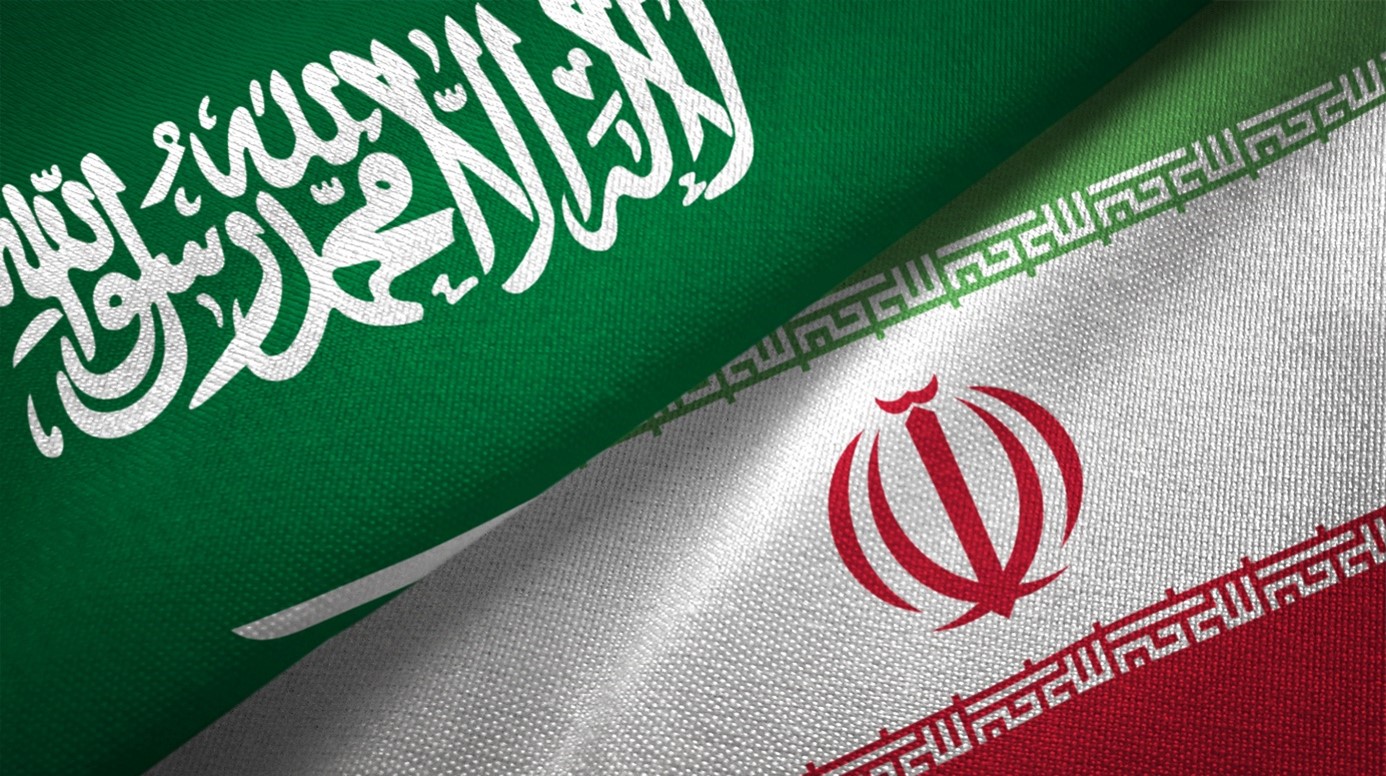While the UAE, Bahrain, and Saudi Arabia chose years of heightened tensions with Iran, Qatar, Oman, and Kuwait had adopted what was perceived as a more pragmatic stance toward that country.
Iraq on Saturday said it was ready to host a “public” meeting between the foreign ministers of Saudi Arabia and Iran as the two regional foes attempt to bury the hatchet.
Five rounds of negotiations between Iran and Saudi Arabia – which back opposing parties in a number of regional crises – have taken place in Iraq since April of last year.
However, these interactions, which involved security and intelligence officials, were privately held to ensure secrecy.
However, the Iraqi Foreign Minister Fuad Hussein announced on Saturday that a meeting between his Saudi and Iranian colleagues would take place in Iraq at a future time.
“I contacted the foreign minister of Iran about this,” Hussein said in an interview with Kurdish television channel Rudaw.
“We are preparing the meeting, trying to find the best time to invite the foreign ministers of Iran and Saudi Arabia,” he said.
“It will be a public meeting, (unlike) previous encounters which were secret and were held between intelligence and security officials,” Hussein added.
Days prior, Hossein Amir-Abdollahian, the foreign minister of Iran, had stated on Iranian state television that Saudi Arabia and his nation are prepared to advance reconciliation negotiations.
On Thursday, Amir Abdollahian claimed that earlier rounds of security official meetings held in Iraq had “progressed.”
The Saudi side is prepared to advance the talks to the political and public level, the Iraqi foreign minister stated in a statement sent to Iran last week.
Riyadh severed ties with Tehran after Iranian protestors attacked Saudi diplomatic offices in Iran in 2016 following the Saudi execution of Shia Muslim preacher Nimr al-Nimr.
However, Amir-Abdollahian expressed optimism on Thursday that fresh talks will result in the restoration of “normal diplomatic ties.”
While the UAE, Bahrain, and Saudi Arabia chose years of heightened tensions with Iran, countries like Qatar, Oman, and Kuwait had adopted what was perceived as a more pragmatic stance towards the Islamic Republic.
Tensions were rocked further over the last few years as those nations engaged in proxy wars in nations like Yemen, Lebanon, and Syria.
In Yemen, a Saudi-led coalition intervened to drive out Houthi rebels supported by Iran in an effort to restore Abedrabbo Mansour Hadi’s government in 2015.
Hundreds of thousands have died in that conflict since.
While Tehran backs the Shia Hezbollah movement in Lebanon, Riyadh supports a number of Sunni and Maronites organisations.
Over in Syria, Iran has traditionally supported Bashar Al Assad’s government while Saudi Arabia has on the other hand funded numerous rebel factions who sought to overthrow the Syrian dictator.
However, reports that Riyadh held negotiations with Syria to normalise diplomatic ties last year showed a change in Riyadh’s foreign policy toward the Assad regime.
Earlier this month, the head of Tehran’s Strategic Foreign Relations Council Seyed Kamal Kharrazi told Al Jazeera that Qatar had proposed a regional dialogue with Iran that was welcomed by the Islamic Republic.
Qatar has long called for talks between Gulf Arab nations and Iran and previously offered to mediate between Tehran and Riyadh.
Speaking to Bloomberg last year, Qatar’s Foreign Minister Sheikh Mohammed bin Abdulrahman Al Thani “urged” regional players to engage in dialogue with Iran, adding that it was the “right time” for Doha to broker the negotiations.
The statements were made days after the signing of the historic Al-Ula Declaration, which ended the region’s worst diplomatic rift.







